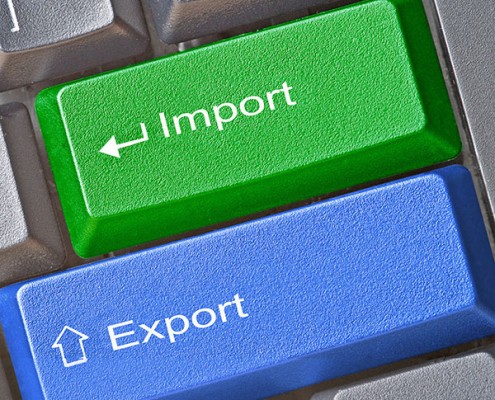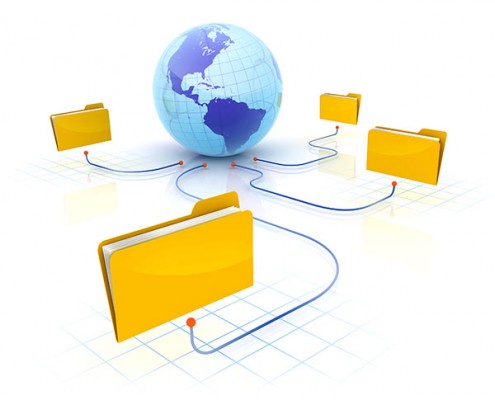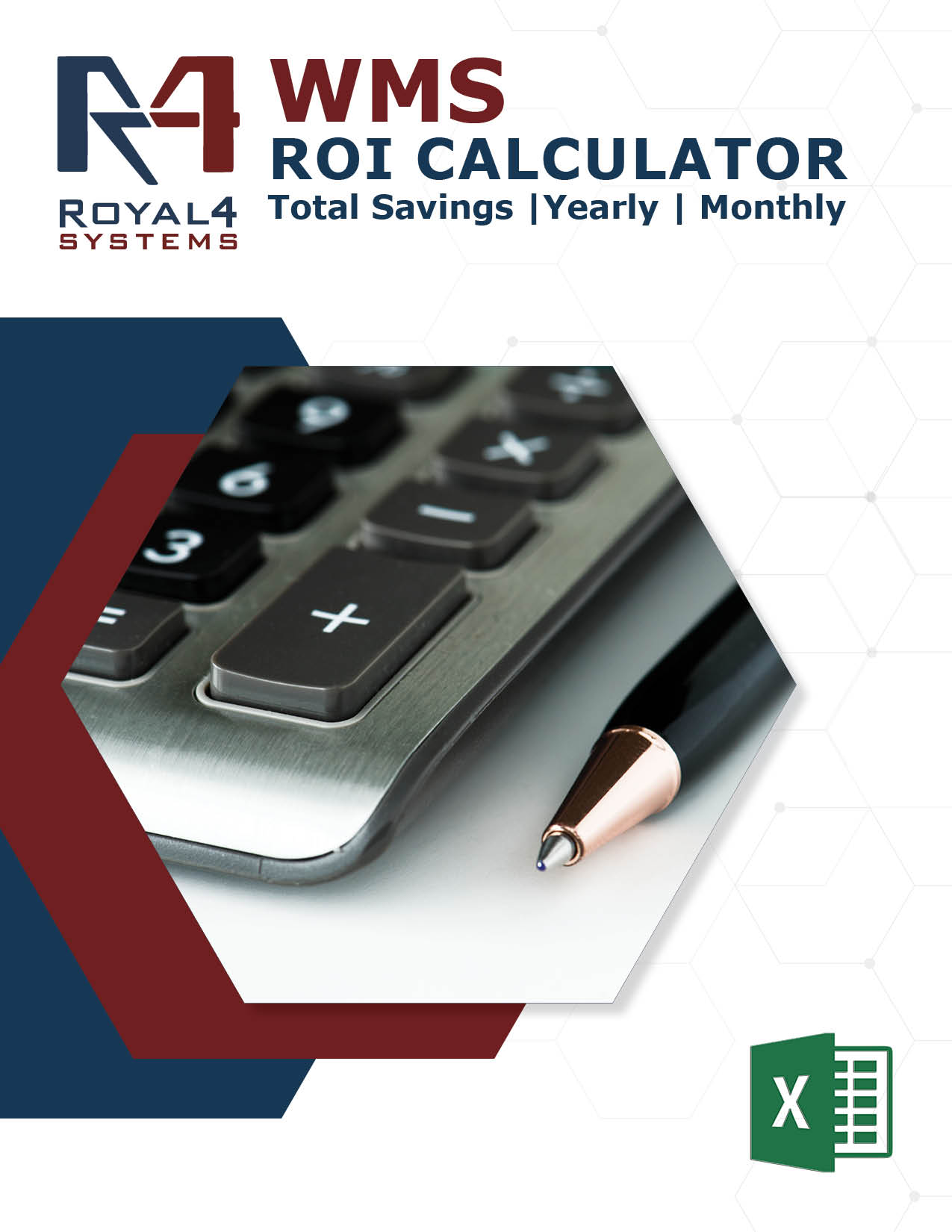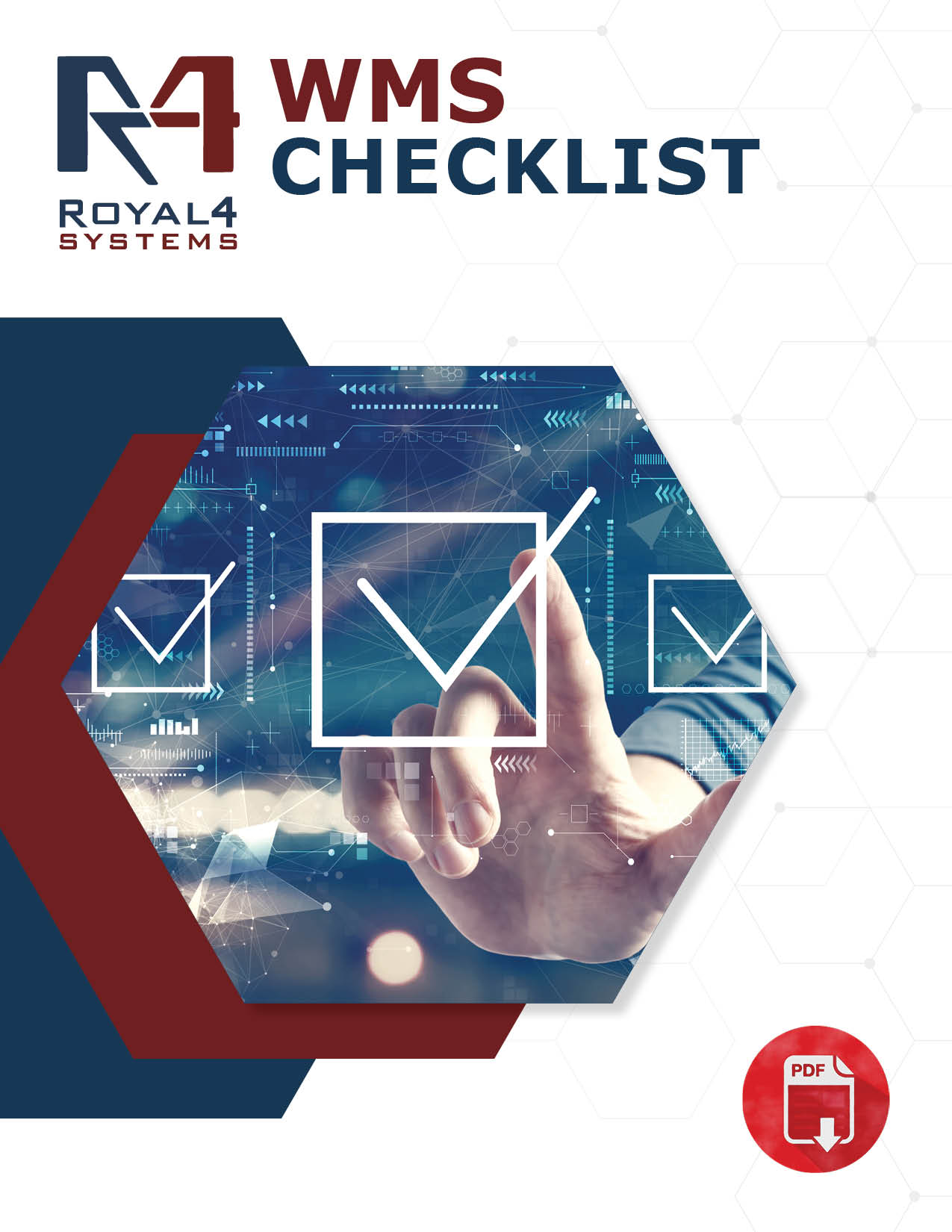Electronic Data Interchange (EDI) and EAI Royal 4 Universal Adapter
Royal 4 Systems has decades of experience in Electronic Data Interchange (EDI). The Royal 4 Universal Adapter has EDI and EAI (Enterprise Application Integration) capabilities. We integrate with any major ERP.
Inbound/Outbound Examples:
Incoming EDI transactions allow your company to:
- Electronically receive pending inbound receipts and orders from your customers into your WISE WMS System.
- Receive administrative messages and acceptance/rejection transaction sets.
Outgoing transactions allow you to:
- Confirm receipt of shipments
- Advise your customer of shipments
- Transmit current inventory and activity reports
- Acceptance/rejection of the transaction
- Invoice your customers
ROYAL 4 EDI (ELECTRONIC DATA INTERCHANGE)
Many of today’s major retail chains and eCommerce market places now require their suppliers to communicate with them electronically (via Electronic Data Interchange and API’s). EDI was developed in order to provide manufacturers, wholesalers, and retailers (aka trading partners) with a standard computer format for exchanging common business information such as orders and inventories. The most common barrier to implementation of EDI continues to be the inability of a company to find a partner with the ability to offer EDI. Royal 4 can make this process a reality for your business.
“Claxton moves millions of frozen chickens on a regular basis and the WISE 3PL billing module allows us to calculate the VAS invoice to 5 decimal points which makes the billing much more accurate. We also needed a system that could work for the dry goods areas of our business.”

“Service Cold Storage selected Royal 4’s WMS solution because of some key and important reasons. First, we required a system that would be able to perform in both freezers and dry goods areas simultaneously. I’m a huge Royal 4 advocate given my experience and implementation of many WMS Systems.”

What is EDI?
Electronic Data Interchange (EDI) is the computer-to-computer exchange of business data in standard formats. In EDI, information is organized according to a specified format set by parties, allowing a “hands-off” computer transaction that requires no human intervention or rekeying on either end. The information contained in an EDI transaction set is, for the most part, the same as on a conventionally printed document. Traditional applications of EDI are purchase orders, bills of lading, invoices, shipping orders, and payments.
EDI Capabilities
Royal 4 provides full EDI capabilities, including the ability to provide your customers with advanced shipping notices (ASN’s), UCC 128 data, a bar code tied to a specific product, and quantity as a part of the ASN message sent. Our EDI system allows us to communicate with you and your customers through reports as varied as inbound receipts, outbound orders, inventory reports, activity reports, confirmations of receipts and shipments, invoices, functional acknowledgments, and more.
EDI Communication
Royal 4 EDI Communication Overview Information is sent through an electronic clearinghouse, or VAN (Value Added Network). Many companies have opted to exchange this information directly utilizing File Transfer Protocol (FTP) and Applicability Statement 2 (AS2). Royal 4’s WMS system (WISE) can be interfaced to each customer host and ERP systems to provide batch or real-time asynchronous or synchronous communication of receipt, shipment, inventory, and other data. The system supports ANSI X.12 and EDIFACT EDI transaction sets.
FTP
FTP: A simple method of transferring files directly between two connected systems. The secure FTP server resides outside the company firewall and requires specific IP addresses and login credentials in order to gain access.
VAN
VAN: When utilizing a VAN, the customer’s EDI document is first transmitted to their mailbox on the VAN server. The VAN application then moves the file to the partner mailbox, where it is then transmitted to the receiving system. As documents are returned, they will also travel through the VAN back to the customer.
AS2 SECURE ELECTRONIC DATA INTERCHANGE
AS2: The AS2 protocol provides for the secure transport of EDI documents over the Internet. Data is encrypted and transmitted over the internet, where it is received directly by the partner system, which maintains an “always-on,” open connection to the internet. As the document is received, the host system utilizes the established Partner Certificate to ensure the integrity of the file and translate (unencrypted). Utilizing FTP and/or AS2 generally represents cost savings while still maintaining a secure connection. AS2 adds an additional level of security by encrypting the data files and requiring authentication receiver keys in order to translate properly. Each of these methods also avoids the connection charges and per-document fees charged by most VAN providers. In addition to being a lower-cost option, AS2 and FTP provide a more immediate transfer of documents by avoiding the intermediate VAN system between the sender and receiver.








